Climate Policy in a Changing Landscape | Project Frame January Community Meeting
Project Frame’s most recent Community Meeting on January 21, 2025 brought together experts, investors, and advocates to explore the evolving world of climate policy.
The session provided updates on Project Frame’s initiatives and examined the intersection of policy and climate action across the U.S. and Europe. As Project Frame’s first-ever advocacy-focused meeting, we were pleased to welcome special guest speakers from the Clean Air Task Force (CATF) and The McSwane Group.
“We hope this will continue to get debate moving and ensure that we are working across silos to improve our GHG impact methodology together,” stated Keri Browder, Director of Project Frame and Impact Accountability at Prime Coalition, speaking on the importance of impact investors, entrepreneurs, enabling organizations, and lobbyists combining efforts.
Disclaimer: Project Frame is not a regulatory body, nor should its content be considered financial advice. Methodology guidance produced by Project Frame represents our contributors’ consensus and no one singular entity. Our work is intended for readers to review and use their best judgement to accelerate GHG mitigation with transparency and accountability. Numbers used in Case Studies are fictional and meant for educational purposes only.
Climate Policy in the U.S.: A Balancing Act
Armond Cohen, Founder and Executive Director of Clean Air Task Force, emphasized the importance of bipartisan approaches to clean energy and emissions reduction.
“One of our specialties is working across the political spectrum so that we have durable policy,” he said.
Conrad Schneider, US Senior Director of CATF, along with Marcie McSwane, Founder and President of The McSwane Group, highlighted the importance of combining financial incentives (“carrots”) with regulatory mandates (“sticks”) to drive climate progress.
Over the past few years, significant legislation, such as the Inflation Reduction Act (IRA), has mobilized hundreds of billions of dollars for clean energy investment. However, certain tax credits and grants—particularly those supporting electric vehicles and methane emissions reductions—may face cutbacks under the new administration.
Despite challenges at the federal level and recent anti-environmental Executive Orders, state governments remain a powerful force in advancing clean energy. Many states, regardless of political leaning, continue to push forward with climate policies and even maintain alignment with the Paris Agreement. The ability of local governments and businesses to act independently could be a key factor in maintaining momentum for clean energy adoption.
With a Republican-led administration, energy dominance has become a central theme, blending fossil fuels with emerging clean energy technologies.
“Republicans have a fundamental belief that the government should not hinder your ability to build. That includes clean energy projects,” McSwane said, commenting on shovel-ready clean energy projects that began during the Biden administration.
Europe’s Climate Policy Shift
Alessia Virone, EU Government Affairs Director for the CATF, provided an overview of the European Union’s evolving climate strategy, asserting “that it's the region of the world with the highest climate ambition… and the first region that tried to develop a comprehensive set of legislation to decarbonize a full economy.”
The EU remains committed to net-zero goals by 2050, but the focus is shifting toward industrial competitiveness and energy security rather than entirely new policies.
While wind and solar energy continue to play a major role, there is increasing interest in geothermal, nuclear, and diversified energy sources to reduce dependence on foreign fuel supplies, said Virone. The recent European elections resulted in a rightward political shift, but instead of dismantling existing climate laws, policymakers are focusing on adjustments, implementation, and industry support. The upcoming Clean Industrial Deal will emphasize economic growth through sustainable energy solutions while ensuring the competitiveness of European industries in a global market.
Framing the Climate Debate: Language Matters
One of the most insightful takeaways from the meeting was the role of language in climate advocacy. In the U.S., terms like “energy dominance,” “clean firm energy,” and “job creation” resonate more with right-leaning legislators, while in the EU, “competitiveness” and “industrial resilience” have become central to the climate discussion. Meeting participants emphasized the importance of clear terminology and strategic communication when navigating the political landscape.
Beyond mitigation efforts, the conversation also touched on climate adaptation and resilience, particularly in protecting the power grid from climate-related disruptions. Strengthening infrastructure for long-term sustainability is emerging as a crucial area for both policymakers and investors.
Looking Ahead
As political landscapes shift, both in the U.S. and Europe and beyond, the meeting underscored the need for bipartisan collaboration, localized action, and long-term resilience planning. While policy uncertainty remains, the momentum for clean energy and climate solutions is still strong.
Project Frame’s first community discussion on policy marks an important step toward ensuring that climate advocates, investors, and policymakers are equipped with the tools and strategies needed to navigate this evolving space.
Stay connected with Project Frame for updates on climate policy, climate impact measurement and management, and emerging trends in sustainability!
